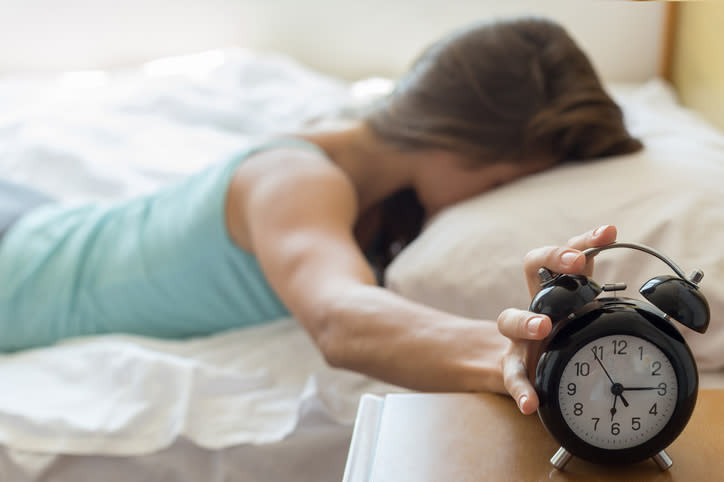When is daylight saving ending this year?
In self-isolation and amidst the breakout of a deadly virus many of us have forgotten we’ll soon have to reset our clocks. Yes, that’s right – daylight savings is coming to an end.
It means for those of us in certain states you might feel a tad more refreshed when, or if your alarm goes off on Sunday morning.
When does daylight savings finish in Victoria, Tasmania, the ACT and NSW?
Daylight savings will end at 3am. It means at 3am, or whenever you wake up, you’ll have to set your clock or watch back one hour.
If you rely on your smartphone to tell the time, most will automatically adjust to the right time for you.

For iPhone users, just go to general, then settings followed by date and time. If this is set to automatic then your phone will adjust the time based on whichever time zone you’re in.
What time does daylight savings finish in South Australia?
South Australia observes the same rules as Victoria and NSW. The state will finish its daylight savings at 3am on Sunday, local time.
However, the state is in a different time zone and follows Australian Central Standard Time.
It’s half an hour behind Australian Eastern Standard Time which is observed in Victoria and NSW.
Broken Hill, despite being in NSW, also observes ACST as it’s close to the border of South Australia.
Daylight savings in Queensland, Western Australia and the Northern Territory
Queensland, WA and the Northern Territory don’t have daylight savings.
The sunshine state’s thoughts on daylight savings has been particularly divisive among residents.
Queensland abolished it in 1992.

A bill to have it reinstated was also defeated in 2011.
The two states and territory all have different time zones to each other too. Queensland honours AEST except without the daylight savings component.
When does daylight savings start in 2020?
Daylight savings will start in the states and territories which observe it on the first Sunday of October, 2020.
This year that’s October 4, which means anyone waking up on that Sunday might feel a tad sleepier.
Instead of clocks being set back an hour at 3am, they’ll be set forward an hour at 2am.
How does daylight savings affect my sleep?
The change to daylight saving time will probably affect how much sleep people get in the days following the initial change, according to Dr Elise McGlashan, research fellow at the Turner Institute for Brain and Mental Health, Monash University.

“Some people might notice that with the change, they don’t sleep as long as they normally would. The clock on our phones might change right away, but the ones in our body do not,” she told Yahoo News Australia.
Our core body clock, located in the brain, helps us to sleep and wake at regular times. When we change the clocks for daylight saving, our internal clock doesn’t want to go to sleep until our normal bedtime - according to standard time - which is now an hour later.
“But we still have to wake up at the same time for work. So, we usually end up sleeping a bit less for those first few days,” Dr McGlashan said.
Do you have a story tip? Email: newsroomau@yahoonews.com.
You can also follow us on Facebook, Instagram and Twitter and download the Yahoo News app from the App Store or Google Play.



